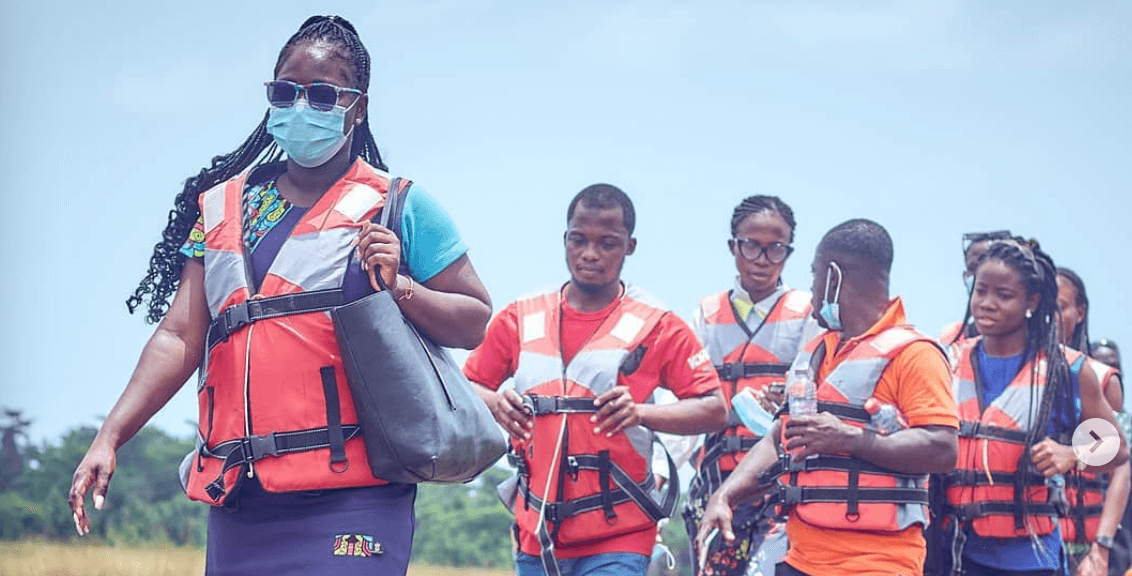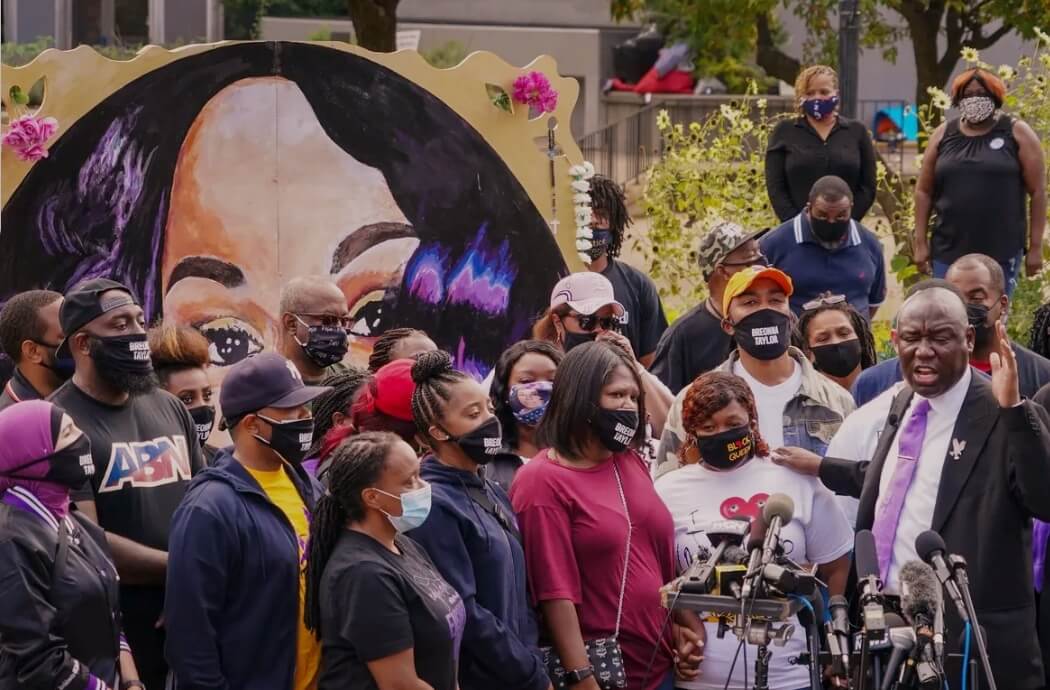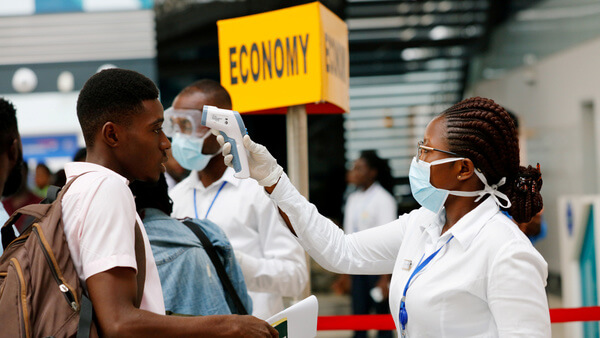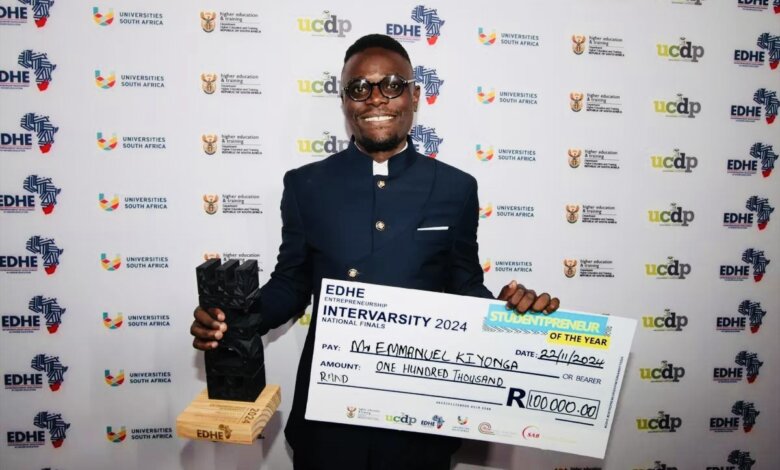
Emmanuel Kiyonga, a 28-year-old Ugandan pharmacist, has poured his heart into a discovery that could change lives. His new drug, Raloxifene Hydrochloride Solvate-Hydrate, aims to improve breast cancer treatment for postmenopausal women, and it’s already making waves.
Driven by a deep desire to save lives, Kiyonga’s work earned him R100,000, approximately $5,225, and the title of Studentpreneur 2024 at the Entrepreneurship Development in Higher Education (EDHE) Intervarsity programme.
Breast cancer is a daunting challenge, especially for postmenopausal women, whose hormonal changes can make treatment trickier. Existing options like chemotherapy or hormone therapies often come with harsh side effects—nausea, fatigue, or worse—and don’t always hit the mark. Kiyonga’s drug steps into this gap with a fresh approach.
It’s a reimagined version of Raloxifene, designed to target hormone-receptor-positive breast cancer cells, which are common in older women. Its solvate-hydrate structure sets it apart, making it easier for the body to absorb. That means smaller doses can do more, with less damage to the patient.
Kiyonga’s passion was sparked in Kampala, where he saw breast cancer rob women of their futures, especially those who couldn’t afford advanced care. “I hate death. I want to save our people,” he said during his winning pitch at the EDHE Intervarsity.
That determination to fight death led him to Sefako Makgatho Health Sciences University (SMU) in South Africa, where he pursued a Master’s in Pharmacy. His research led to SMU’s first-ever patent, a milestone for the university and a nod to his innovative spirit.
Early trials are promising. The drug not only slows tumour growth but also shows potential to reduce recurrence, a fear that haunts survivors. Patients report fewer side effects compared to standard treatments, which could make the gruelling journey of cancer care a little kinder. Kiyonga’s vision isn’t just about science—it’s about people. He’s determined to make the drug affordable, especially in places like Uganda, where high costs shut too many out of treatment.
Winning the EDHE Intervarsity wasn’t just a personal victory; it brought R100,000 to help navigate the maze of regulatory approvals needed to bring the drug to market. “I intend to use this R100K as start-up capital for this project; we need to pursue regulatory approvals from relevant bodies and accelerate the process,” Kiyonga told EDHE judges.
The programme was established in 2016 by the South Africa’s Department of Higher Education and Training (DHET), which is a national government body responsible for post-school education. The DHET initiated EDHE as part of its broader mission to address skills development and unemployment, particularly among university graduates. The programme is funded through the University Capacity Development Programme (UCDP), a government-driven initiative that allocates resources to strengthen higher education institutions.
Kiyonga is pragmatic about the road ahead, acknowledging SMU lacks the resources for large-scale manufacturing. He plans to license the patent to a pharmaceutical company with the muscle to produce it, ensuring it reaches those who need it most.
With breast cancer claiming millions of lives yearly, a drug like this could shift the tide. As Kiyonga pushes forward, the world waits, hopeful that countless women will soon have a better shot at beating the disease.
Written by Kweku Sampson.
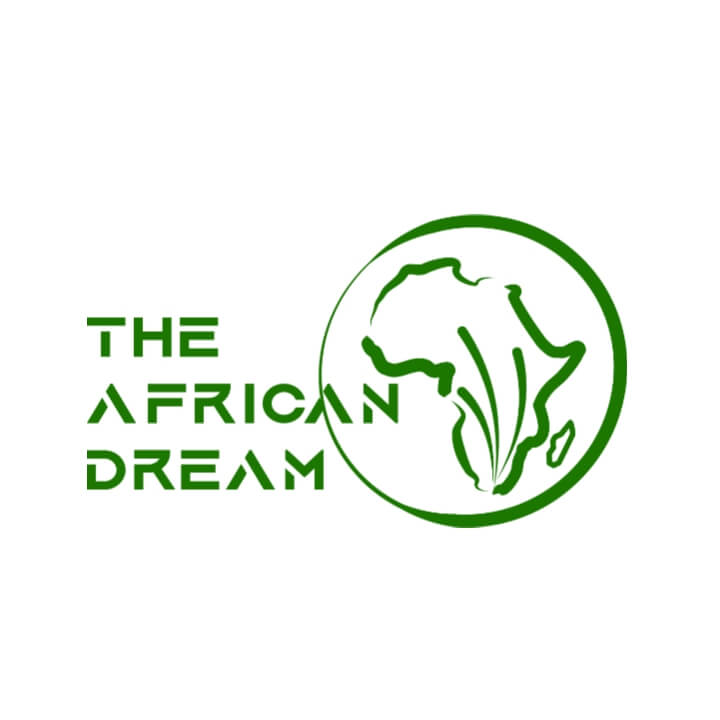
This article is published by either a staff writer, an intern, or an editor of TheAfricanDream.net, based on editorial discretion.


